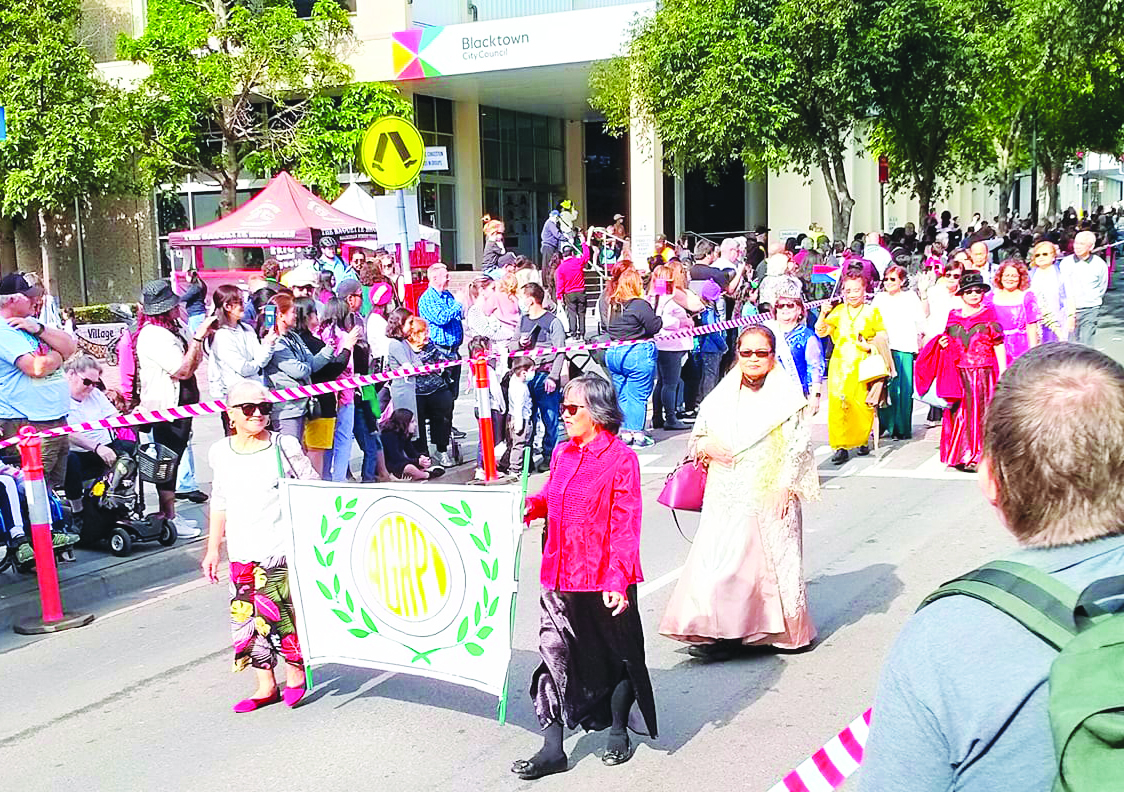BY Mylene Ladan and Chris Dammann – WITH Australian vaccination rates growing at a snail’s pace, there’s no set end date yet for international border closures. One of the hardest things migrant communities experience is being separated from family for extended periods. This has long been a struggle for those with families overseas, but the pandemic has made it even more difficult to travel home.
While we understand why travel restrictions are in place, it doesn’t diminish the overwhelming sense of loneliness and grief of not being able to be with family in difficult situations, like when a family member is critically ill or has passed away.
Chris Dammann sees this every day. As the founder and CEO ofThe Migration Translators, he has worked in the translation and language services industry for 13 years, and his business has supported many individuals and families in their journey as they prepare their documents to migrate and settle in Australia. The team provides support in over 180 languages. Chris says that many of the documents they work with now are related to applications for a travel exemption.
How to apply for a travel exemption?
All applications are done online on the website of the Department of Home Affairs. To qualify for a travel exemption, your trip must be for your business or employer, for urgent medical treatment that is not available in Australia, for a compelling reason for three months or longer, or on compassionate grounds. Alternatively – but these are more exceptional situations and don’t apply to most migrants – your travel must be in the national interest or part of the response to the COVID-19 outbreak, including the provision of aid.
It’s not enough to state that you miss your family. You must provide solid evidence that you have a compelling reason to travel. The authorities will carefully assess your application based on the evidence you submit – so you need to make sure your paperwork is in order. Obviously, if any of these documents are not in English, they have to be translated into English.
What evidence is required?
Evidence may include passports, marriage certificates, birth certificates, death certificates, proof of relationship, documents showing that you are moving to another country on a long-term basis, proof of your current valid visa, a letter from a doctor or a hospital about your medical treatment/condition and why travel is necessary, a letter from your employer showing that you are travelling for a business reason, and a statement or evidence to show when you wish to return to Australia.
It is crucial to have all your ducks in a row – the application will be thoroughly assessed by the authorities. Once your application is approved, you should also carefully evaluate the risk of getting stuck overseas due to return flight caps and cancellations.
Translations for other purposes
Many of The Migration Translators’ clients are in Australia, but they also translate documents for people who are still overseas and want to come to Australia. Obviously, this part of the industry is a lot less active than it used to be, but there is still some level of migrant intake. With the right visa and sufficient funds to spend two weeks in hotel quarantine, you can still enter Australia.
There is usually a fee payable to the translator for their service, but the Department of Home Affairs also offers a Free Translating Service, which allows holders of certain types of visas to get key documents translated for free.
The key term is “personal documents”, so they have to be in the name of the applicant. Anything that would be useful for settlement and building one’s life in Australia; birth and marriage certificates are the most common ones, but employment documents, evidence of qualifications and business documents are all on the list of approved documents.
The Free Translating Service can be used by most permanent and some temporary residents. The sub-class of your visa is the main criterion. In addition, your visa must have been granted within the past two years. Bridging visas, tourist visas, and working holiday visas are excluded from the Free Translating Service. Australian citizens are also ineligible. Those who are interested can check out translating.homeaffairs.gov.au. It only takes two minutes to check your eligibility.
The issues caused by the pandemic are manifold, but perhaps one of the few positive changes it has brought about is strengthening the ties between individuals and communities as we all work towards adapting to the new normal. We are hopeful that it will get better from here on.









Leave a Reply